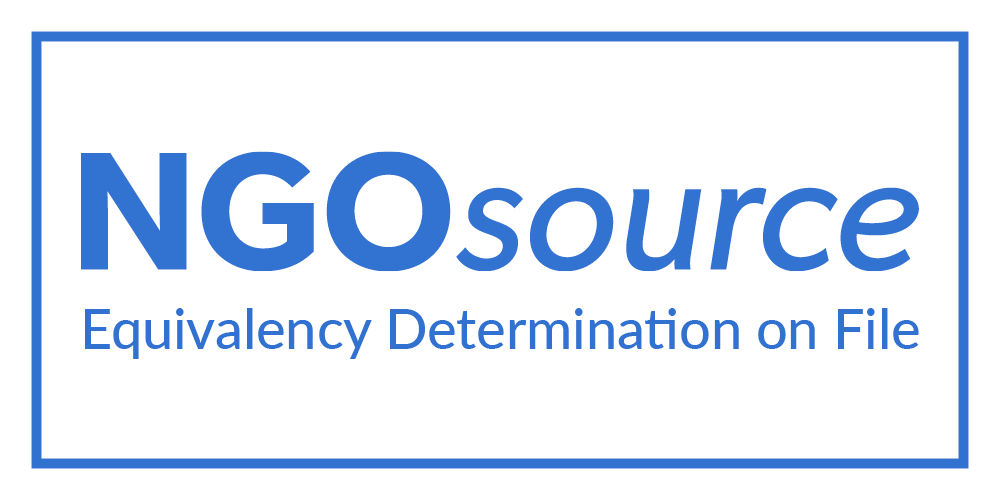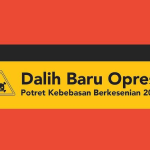The Government finally ratified the long-awaited Cultural Strategy in the Presidential Regulation No.114 of 2022 on September 14, 2022. It took almost four years for the President to sign it since the draft was submitted to his office right after the closing ceremony of the Indonesian Cultural Congress at the end of 2018.
Despite its slow process, The Indonesian Art Coalition (Koalisi Seni) appreciates the ratification of Cultural Strategy. Indonesia has now completed three of the four guiding documents for the advancement of culture, namely: District/City Regional Main Ideas of Culture (PPKD), Provincial PPKD, and Cultural Strategy.
However, the next work awaits. The government still needs to draw up a Master Plan for Cultural Advancement (RIPK) – the documents which are derived from the Cultural Strategy, as stated in Article 10 of the Law on the Advancement of Culture.
Before discussing the next steps, let’s take a look at the contents of Presidential Regulation on Cultural Strategy.
The Presidential Regulation on Cultural Strategy consists of 5 articles which places Cultural Strategy in the framework of advancement of culture and its review mechanism. The detailed strategy is elaborated in the seven appendices.
Article 3 paragraph (1) of the Presidential Regulation on Cultural Strategy states that the Cultural Strategy consists of four main components, namely: (1) Abstracts from district/city PPKD, Provincial PPKD, and other cultural documents in Indonesia; (2) Vision for the Advancement of Culture for the next 20 years; (3) priority issues to accelerate the achievement of the vision; and (4) the main method and process for the Cultural Advancement. The four components are detailed in annex one of the Presidential Regulation on Cultural Strategy.
Furthermore, Article 3 paragraph (2) of the Presidential Regulation states the supporting documents of the Cultural Strategy, namely: (1) Map of the development of the Object of Advancement of Culture (OPK); (2) Map of the development of cultural factors outside the OPK; (3) Map of Human Resources, Institutions, and Cultural Institutions; (4) Identification of Cultural Facilities and Infrastructure; (5) Map of problems related to the Advancement of Culture; and (6) Analysis of problems related to the Advancement of Culture. The six supporting documents are elaborated in the second to seventh annex of the Presidential Regulation on Cultural Strategy.
After knowing its contents, we can ask the question: what kind of Cultural Strategy will be implemented in Indonesia?
The answer can be seen in appendix one of the Presidential Regulation on Cultural Strategy. The vision of advancing Indonesian culture for the next 20 years was to pursue “Nation’s happiness which is based on cultural diversity that educates, reconciles, and prospers”.
In appendix one, the vision of the advancement of culture is derived to seven strategic issues, they are: (1) Hardening of primordial identity and sectarian sentiments which damage the social and cultural foundation of the community; (2) The fading of traditional values in the wave of modernity; (3) The development of information technology that is not led by national interests; (4) The inequality of cultural exchange in the global order which places Indonesia as a consumer of world culture; (5) There is no way out of development that damages the environment and affects local culture; (6) Nonoptimal governance and institutional structure of the cultural sector; and (7) The community hasn’t been a crucial basis in the policies for the cultural advancement.
The vision of cultural advancement along with the seven strategic issues was formulated as a resolution of the 2018 Indonesian Cultural Congress. It was compiled based on hundreds of Regency/City and Provincial PPKDs, as well as various other cultural documents. Since the Cultural Strategy has been ratified, the government must immediately move on to the next work: drafting the RIPK.
The RIPK is the final guideline document for the advancement of culture prepared by the Government. The RIPK will derive people’s aspirations accommodated in the Cultural Strategy into the Government’s plan. The RIPK preparation process has actually been started since 2019 by the Ministry of Education, Culture, Research, and Technology. Sadly, the drafting process was halted since the Cultural Strategy which had not been ratified since 2018.
The government must not repeat the delay in ratifying the Cultural Strategy. Formulation of the RIPK should be accelerated–without compromising its quality–since it is important to accommodate the RIPK in the National Long Term Development Plan (RPJPN) 2025 – 2045. As stated in Article 10 of the Law for the Advancement of Culture, the RIPK is the basis for the preparation of long and medium term development plans. We should not let the cultural activists’ aspirations go to waste because the government is too slow in formulating the RIPK.
Therefore, Koalisi Seni also hopes the government can improve the performance of cultural policy-making to be more inclusive, transparent, accountable, and timely. The government must ensure the vision of cultural advancement can be properly elaborated into RIPK so it can be implemented into a real program.
Koalisi Seni also invites all cultural arts activists to oversee the preparation process of the RIPK and RPJPN. We hope that the vision of making culture as the course of national development, as enshrined in the Law on the Advancement of Culture, could come true.
Koalisi Seni Advocacy Manager, Hafez Gumay
Translation by Moyang Kasih Dewimerdeka




